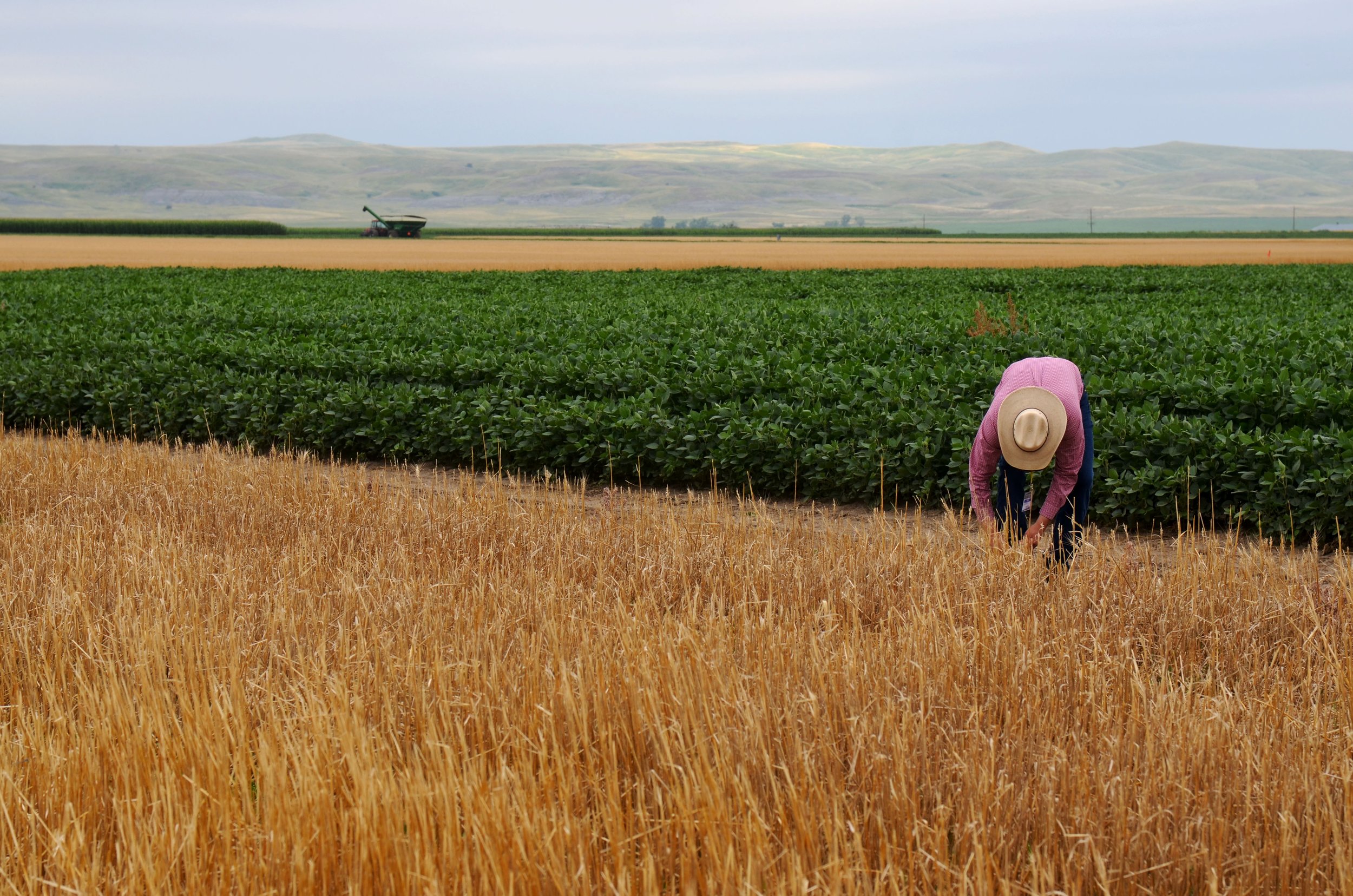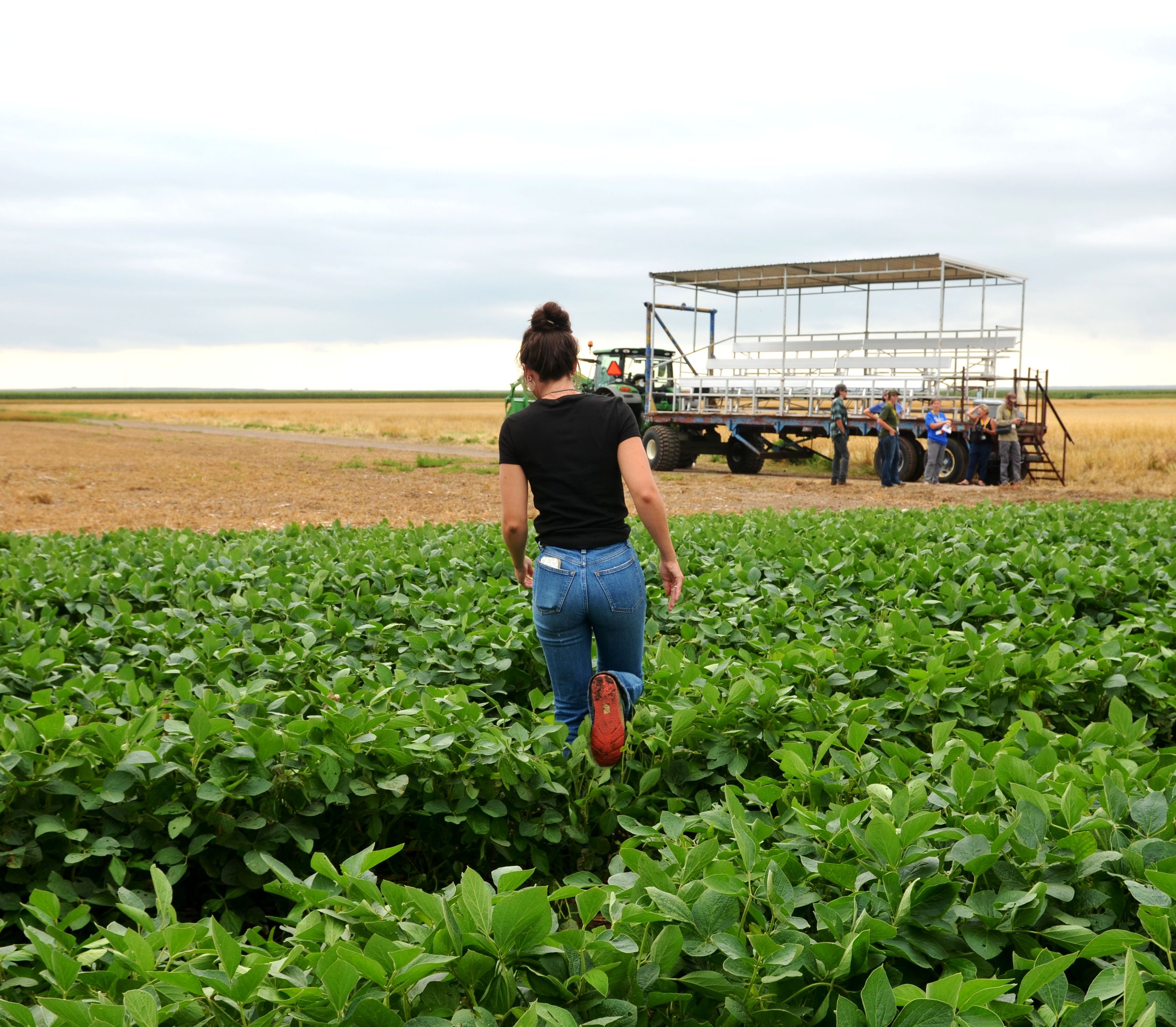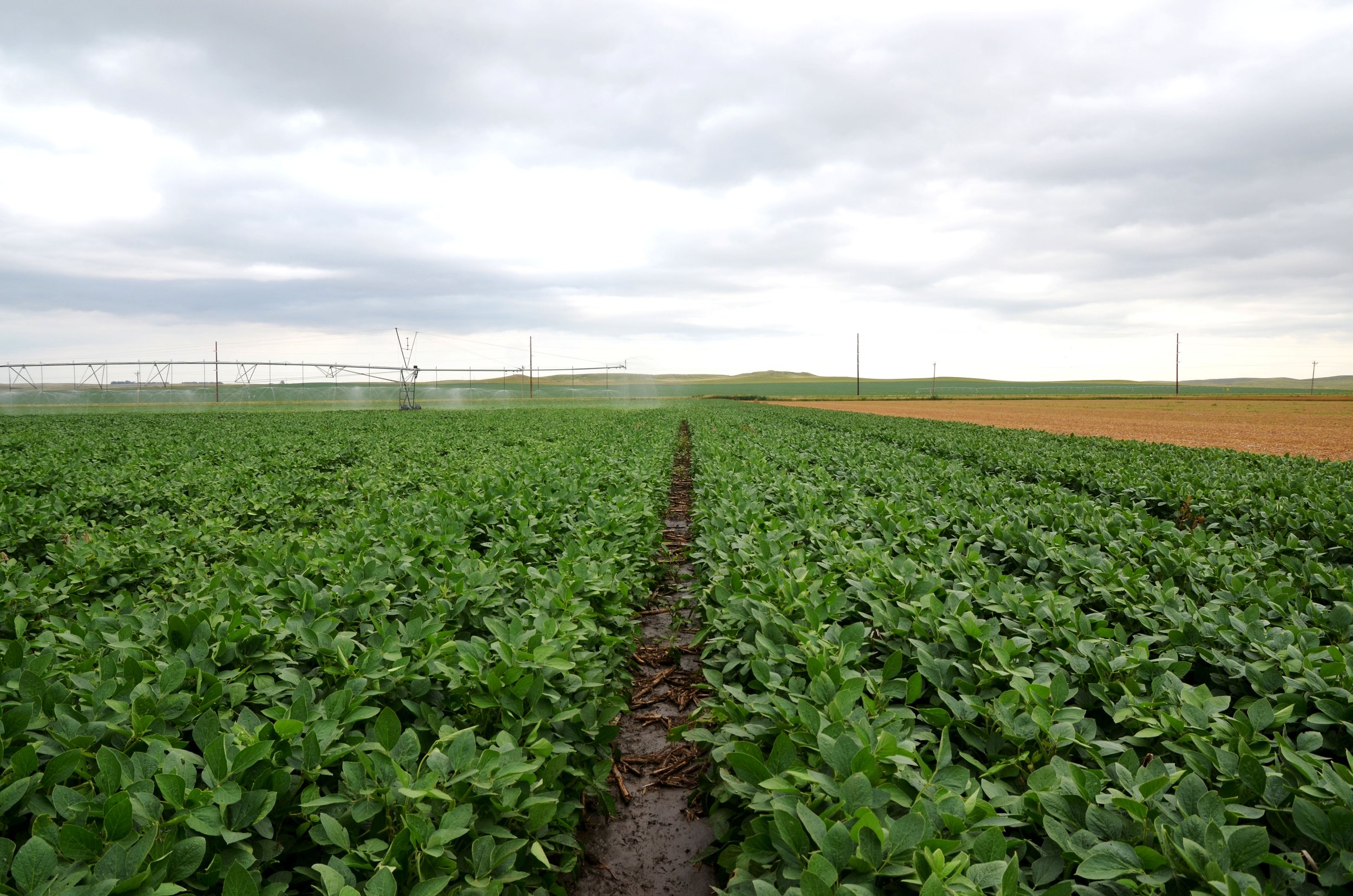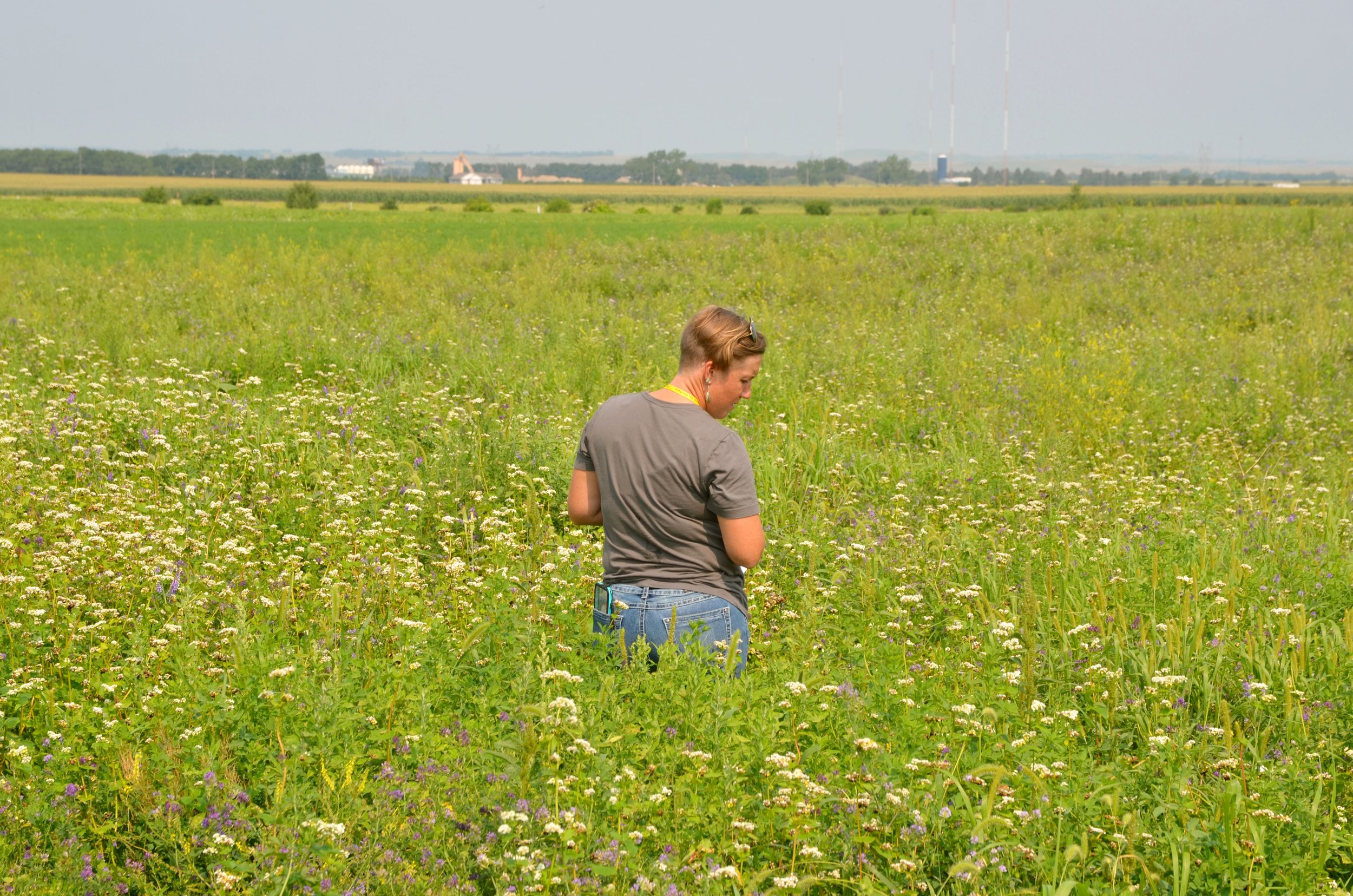
Media & Blog
Your place to read updates from and about RIPE. Check out our Blog section, review RIPE in the News, and sign up for our Media List below.
Sow & Grow Blog
Check out updates related to RIPE and the work we do. From our “Boots in the Dirt” series about RIPE on-the-ground to our “From the Hill” Government Affairs updates, this is the place to learn all about what we’ve been up to & where we plan to go from here.

Regenerative Agriculture & Wildlife

Preserving Golden Ground
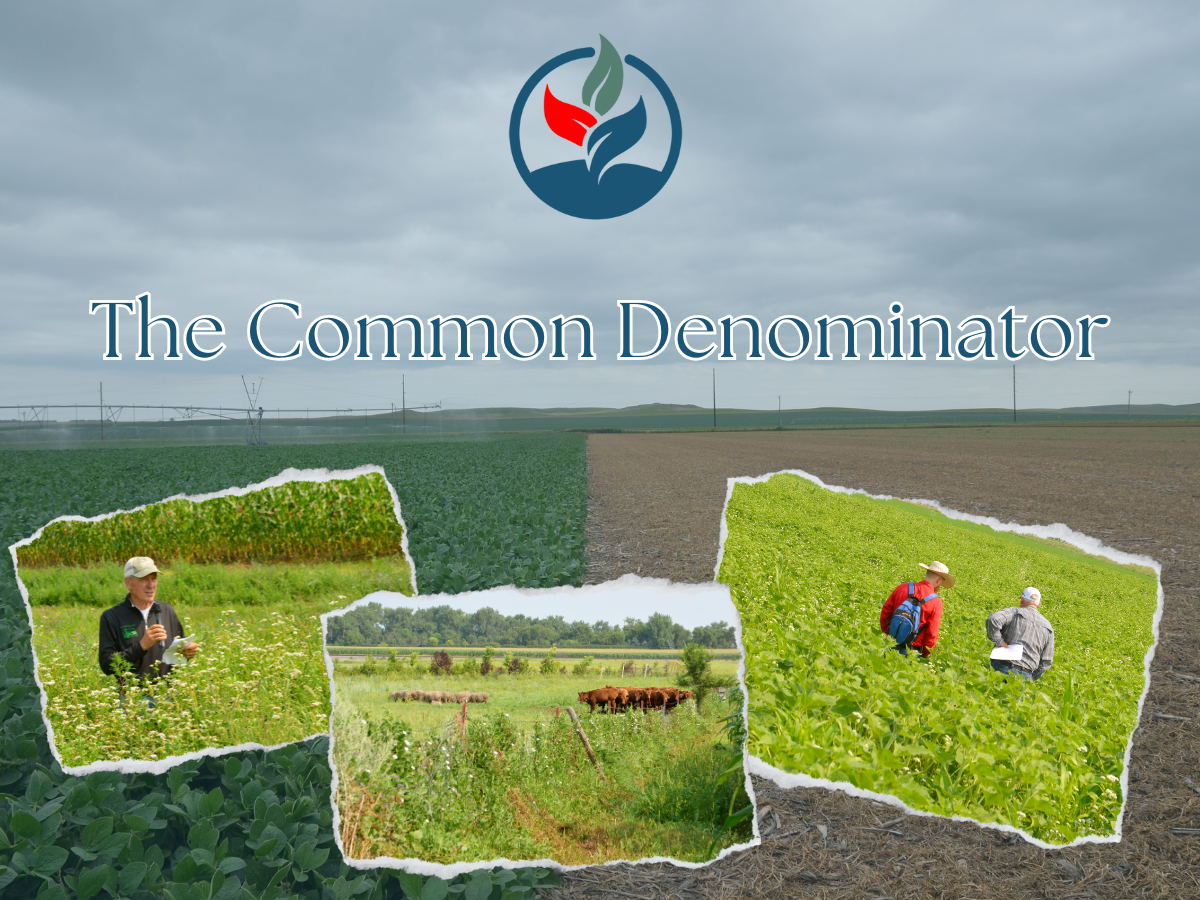
The Common Denominator
In recent years, regenerative agriculture has gained significant attention as a solution to some of the most pressing challenges in modern agriculture: soil degradation, climate change, food insecurity, and biodiversity loss. However, beyond these global issues, regenerative agriculture has profound benefits for local communities and the food systems they rely on. This farming practice, which focuses on rebuilding soil health, promoting biodiversity, and improving ecosystem services, offers a sustainable model that empowers local economies, strengthens food sovereignty, and promotes a healthier relationship between people and the land.

Stay In Touch
Scaling regenerative agriculture the RIPE way.
Regenerative agriculture and renewable energy are beneficial for public health and for the environment. We want farmers and ranchers to be compensated for these benefits. Let’s make regenerative agriculture and renewable energy accessible for producers.
RIPE In the News
Join Our Media List
Let’s work together to tell the stories of regenerative ag and replenishing our land. Fill out some info below to view recent Press Releases & join our media list.
Volunteer Toolkit
-

Help us get the word out about RIPE by downloading and sharing our RIPE 101 Presentation below. Alternatively, contact us to schedule a presentation hosted by RIPE.
-

Check us out on YouTube for videos about RIPE, our coalition, and regenerative agriculture.
-

Be sure to keep in touch with us and follow us on social media and stay in-the-know on all things RIPE.
RIPE On the Ground 2024




